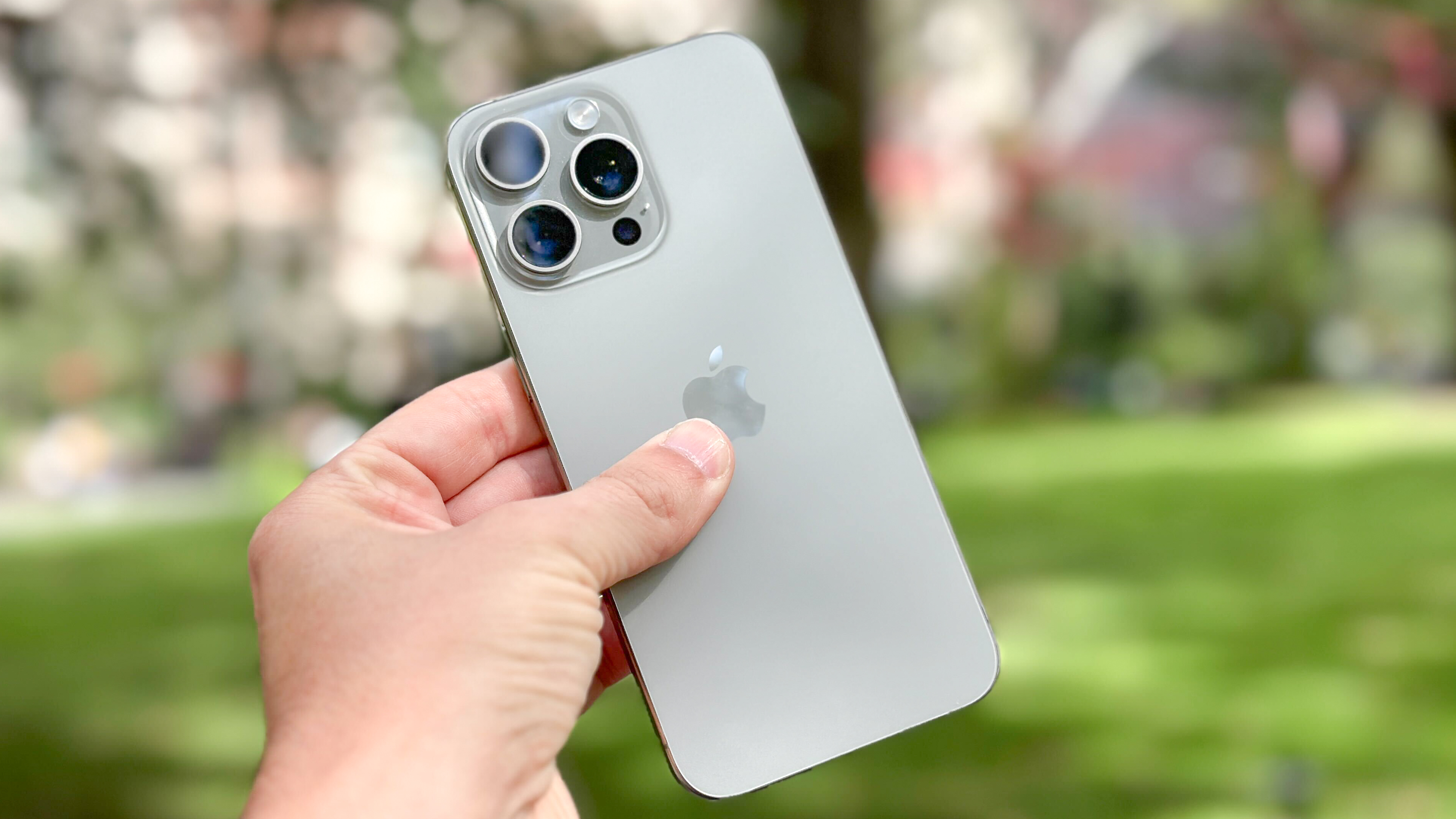
Apple has a spotty history with the right to repair movement. Historically, the company was against giving users the right to fix their own equipment, only to then change its tune — offering self-service repair and coming out in favor of a Californian right to repair bill. Only now Apple has been caught lobbying against the very same thing in Oregon.
Well not quite the same thing, because these two bills are subtly different. SB 244 in California would require companies to offer tools, parts and documentation to customers and independent repair stores — so that broken gadgets can be fixed without the manufacturer's involvement. Oregon’s SB 1596 would go a step further and ban parts pairing — which is where Apple apparently draws the line.
Parts pairing is something companies use to ensure self and third party repairs are done with genuine parts. In Apple’s case, iPhone parts like screens and batteries have to be “paired” to the device using Apple’s System Configuration tool. If this doesn’t happen, users will be delivered alerts saying they’ve installed non-genuine parts while other features may not work until the alleged problem is rectified.
Previously self-repair users had to contact Apple to initiate this pairing process, though that did change last year. Users can pair the parts by themselves, provided they’re using genuine parts.
SB 1596 would prohibit parts pairing, ensuring manufacturers can not “prevent or inhibit” repair shops or device owners from installing replacement parts, including parts that aren’t manufacturer approved. The bill goes on to add that it would also prohibit reduced functionality as a result of this, as well as banning alerts and warnings about “unidentified” parts.
SB 1596 would prohibit parts pairing, ensuring manufacturers can not “prevent or inhibit” repair shops or device owners from installing replacement parts, including parts that aren’t manufacturer approved.
But John Perry, Apple’s senior manager for the secure design team, testified Apple uses parts pairing to “make repair easier” and to make sure that devices and data “remains secure”. Perry claimed that the anti-parts pairing clauses will “undermine the security, safety and privacy of Oregonians by forcing device manufacturers to allow the use of parts of unknown origin and consumer devices.”
Perry added that “Consumers have the right to choose which parts they use for repair, provided the device transparently reflects the repair history and the use of the part does not pose a risk to consumer safety, security, or privacy.”
Which sounds to me like Henry Ford’s “you can have any color you like, as long as it’s black”. Apple would have it that you’re free to choose your parts, so long as they come from a list of Apple-approved components. Which isn’t really much of a choice when you think about it. Likewise repairs aren’t really “easier” if you’re restricted on the parts you use and have to jump through some hoops to activate them properly.
Apple has changed its tune on right to repair in the past couple of years, which is definitely a good thing. The availability of parts, tools and repair manuals means it’s a heck of a lot easier to fix your devices than it used to be. Still, Apple clearly isn’t ready to completely let go of its hold over self-repair just yet.
Here’s hoping we get some legislation to change that in the near future.







